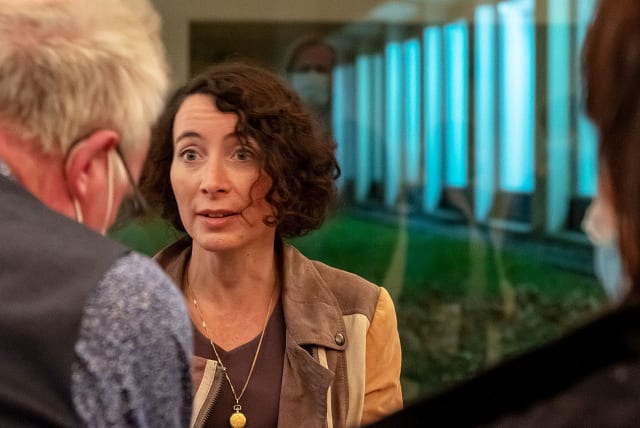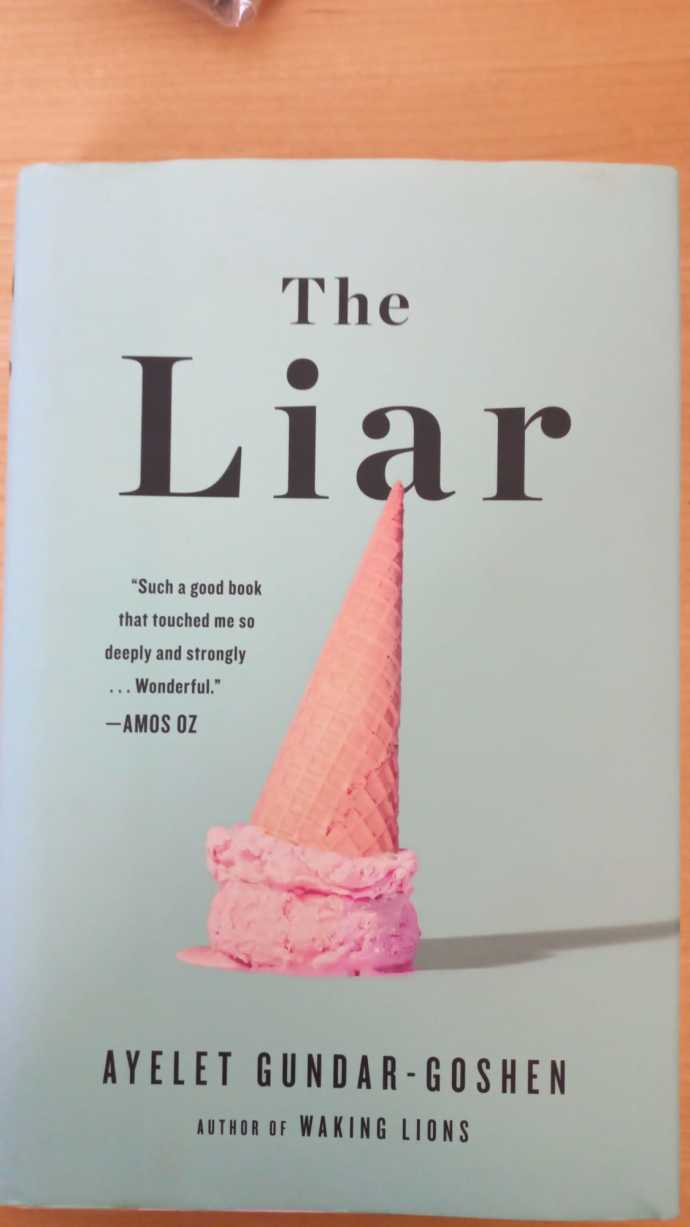Novelist Ayelet Gundar-Goshen brings a taste of Israeli culture to Brazil

Novelist Ayelet Gundar-Goshen recently toured Brazil with her husband, the screenwriter Yoav Shutan-Goshen.
The couple was invited to the country by the Israeli Embassy in Brasilia and the Consulate General in Sao Paulo in coordination with the publishing house TODAVIA, which published the Portuguese translation of Gundar-Goshen’s latest book “Relocation”, as well as with the Jewish Museum of Sao Paulo and several additional Jewish organizations.
Gundar-Goshen's first two novels won several literacy prizes in Israel and abroad and were translated into thirteen languages.
Reviewing “Relocation,” the New York Times wrote that “Gundar-Goshen is adept at instilling emotional depth into a thriller plot.” The book focuses on the figure of an Israeli mother who moved to America with her family, and how her new life presents her with unexpected challenges.
Gundar-Goshen took part in a number of events across Brazil. She presented her book at the literary festival hosted by the Jewish Museum, and had a book launch at the iconic bookstore Livraria da Travessa in the Leblon neighborhood in Rio de Janeiro. In addition, she and her husband gave a lecture in cooperation with two important academic institutions, the Pontifical Catholic University (PUC) and the Federal University of Rio de Janeiro. Michel German, a professor from the Federal University, moderated the discussion.
Ayelet also met with the students of the Eliezer Max Jewish School in Rio while Yoav attended events at the local chapters of Beitar and Hillel. A Brazilian television network also bought his series "Iron Dome."
“The encounter with the Brazilian audience has once again showed the universal power of stories,” he said. “People who had never visited Israel could relate to the story of an ultra-orthodox boy who enlists in the army against his father's wishes, even though we could think that nothing could be further from their world. Because in the end, we all know how difficult it is for a child to stand against his father's will, and it doesn't matter if the father is an ultra-Orthodox from Bnei Brak or a Brazilian from Rio de Janeiro.”


